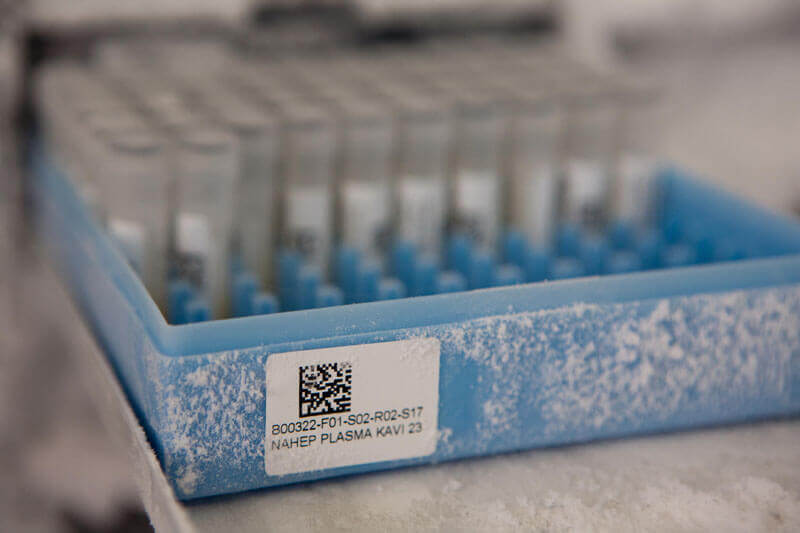Mandy GoldbergResearch!America
Mandy Goldberg is a global health R&D advocacy intern at Research!America, a nonprofit that advocates for science, discovery, and innovation to achieve better health for all.
Research!America, a member of the GHTC, recently conducted analyses in target states to measure the health and economic impact of global health research and development (R&D), highlighting its benefits for states across the nation and strengthening the evidence base for Congress’ support of federal investments in global health R&D. Mandy Goldberg, MPH, global health R&D advocacy intern, shares the organization’s findings in New Jersey. This is the fifth post in a series.
When people think of hotspots for global health R&D, the state of New Jersey may not immediately come to mind. But it should. Despite ranking eleventh in population size, New Jersey ranks third in R&D investment among states, thanks mainly to robust private-sector investment. Health R&D is a pillar of New Jersey’s economy and is critical to economic growth in the state. Despite the current economic climate, R&D spending in New Jersey increased by 11.4 percent in 2010, and global R&D spending was up by $1.4 billion, according to a 2011 report by the Healthcare Institute of New Jersey, implying even more future economic benefits for the state.
New Jersey is home to 17 of the 20 largest pharmaceutical, medical technology, and diagnostic companies in the world, including the national headquarters of Johnson & Johnson, Merck, Novartis, and Sanofi-Aventis. The private-sector plays an important role in the development of new and improved vaccines, drugs, and diagnostics for diseases that affect the world’s most vulnerable populations, both through its own R&D work and through its involvement in product development partnerships.

One noteworthy example of a New Jersey company engaged in global health R&D is Temptime. The company, at the prompting of global health partners, created a small sticker that changes color to show whether a vaccine has been exposed to temperatures that make it unsafe for use. The sticker, originally intended for another use, was repurposed for use with medical products such as vaccines, which need to be kept within a stable temperature range from manufacture until use to remain safe and effective. Temptime’s partnership with PATH and the US Agency for International Development allowed the company to become a world leader in monitoring temperature-sensitive vaccines, enabling the delivery of an additional 140 million doses of vaccines and helping save 140,000 lives worldwide.
Past Global Health Council CEO Jeffrey Sturchio referred to New Jersey last year as the “silicon valley of global health research and development,” and 94% of New Jersey residents believe it is important for their state to be a leader in health R&D. Given increasing investment in global health R&D in other countries, continued investment from both the public and private sectors is needed for New Jersey and the United States to preserve their status as leaders in global health R&D and maintain rich economic benefits for the state and nation as a whole.